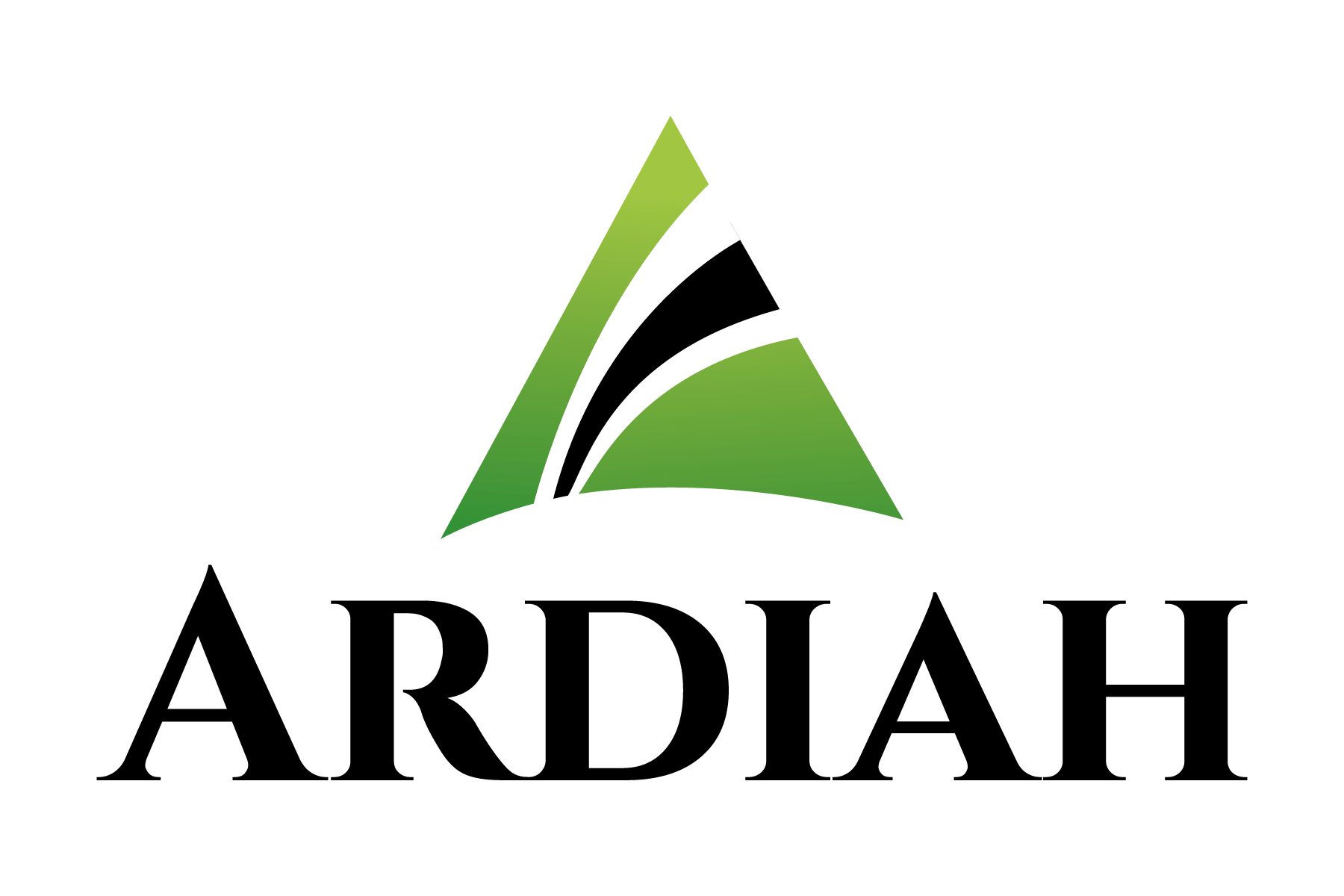How to Prepare Your Business, Employees, and Family for Natural Disasters and Other Disruptions
Authored by Chris Austin, President of Ardiah Managed Services
No matter where your business is located or what industry you’re in, the unexpected can strike at any time. From hurricanes and wildfires to local events like power outages, flooding, or even a global pandemic, disruptions can affect your business, employees, and most importantly, your family. Having a solid plan in place is not just a smart business decision—it’s essential for ensuring the safety and well-being of everyone involved.
At Ardiah Managed Services, we help businesses navigate through uncertainty. Here’s a guide on how you can prepare for world events or local and national disruptions, focusing on the three pillars: your business, your employees, and your family.
1. Prepare Your Business
Business continuity is key to surviving and thriving during a disruption. Whether it’s a short-term closure or a long-term shutdown, your business needs a strategy to stay afloat and recover.
Risk Assessment:
Start by identifying the risks most likely to impact your business. Are you located in an area prone to natural disasters like hurricanes, wildfires, or snowstorms? Or is your business vulnerable to power outages, supply chain issues, or public health crises? Knowing the risks allows you to create a response plan tailored to your unique needs.
Data Backups and System Redundancies:
In a world where digital infrastructure is crucial, backing up data is non-negotiable. Make sure your accounting, payroll, and other critical systems are cloud-based and have redundancy plans in place. At Ardiah, we ensure that your payroll and bookkeeping services continue to run smoothly, even during a crisis. Having access to cloud systems means you can manage your business from anywhere, which is vital during an emergency.
Emergency Plan:
Create a clear emergency response plan that outlines how your business will operate during a disaster. This includes communication strategies, delegation of responsibilities, and steps to take before, during, and after an event. Practice your plan regularly and make sure all employees know their roles.
2. Support Your Employees
Your employees are the lifeblood of your business. Ensuring their safety and well-being during an emergency not only helps them but also ensures your business is better positioned to recover.
Emergency Contacts and Resources:
Maintain updated emergency contact information for each employee. Ensure that they have access to local resources, such as evacuation routes, shelters, and emergency hotlines. It’s also wise to consider offering financial guidance or assistance, as employees may face unexpected costs during a disaster.
Remote Work Capability:
If your business can operate remotely, ensure that your employees are equipped with the tools and resources to work from home. Cloud-based systems, such as those we manage for payroll and accounting at Ardiah, make remote work easier and ensure employees can still contribute, even if they can’t come into the office.
Health and Safety Protocols:
Depending on the nature of the disaster, especially with health-related events, it’s important to have protocols in place to protect your employees. This could mean transitioning to remote work, providing personal protective equipment (PPE), or adjusting work hours to reduce exposure to hazards.
3. Protect Your Family
While your business and employees are essential, nothing comes before your family. The stress and uncertainty of a disaster can take a toll, so it’s important to have a plan that covers all aspects of family safety.
Home Emergency Kit:
Make sure your home is prepared for the unexpected with a comprehensive emergency kit. This should include enough water, food, medications, and other supplies to last at least 72 hours. Don’t forget essentials like batteries, blankets, and chargers for communication devices.
Family Communication Plan:
Just like your business, your family should have a communication plan. Ensure that all members know how to contact one another in an emergency and have a designated meeting place if cell service or transportation is compromised.
Financial Safeguards:
Ensure that your personal finances are prepared for the unexpected. Review your insurance policies to confirm you have adequate coverage for your home, vehicles, and other assets. At Ardiah, we offer tax planning and preparation services to help you safeguard your financial future, even in uncertain times.
Conclusion: Build a Resilient Future
Disruptions are inevitable, but how you prepare for them can make all the difference. Whether it’s ensuring your business can keep running, your employees are supported, or your family is safe, planning is key. At Ardiah Managed Services, we’re here to help with your business continuity planning, from payroll, accounting, technology and beyond. Together, we can create a resilient strategy that protects your livelihood and your loved ones.
Contact us today to learn how we can help you plan for the unexpected.
Chris Austin
President, Ardiah Managed Services
About the Author: Chris Austin is passionate about supporting small businesses and is the President of Ardiah Managed Services, a trusted provider of accounting, payment solutions, POS systems, payroll, and tax services. Chris and his team are dedicated to helping small businesses thrive by delivering tailored solutions and personalized support. If you have a small business support or service need, they would love to help! 207-230-4576 or email: [email protected]

